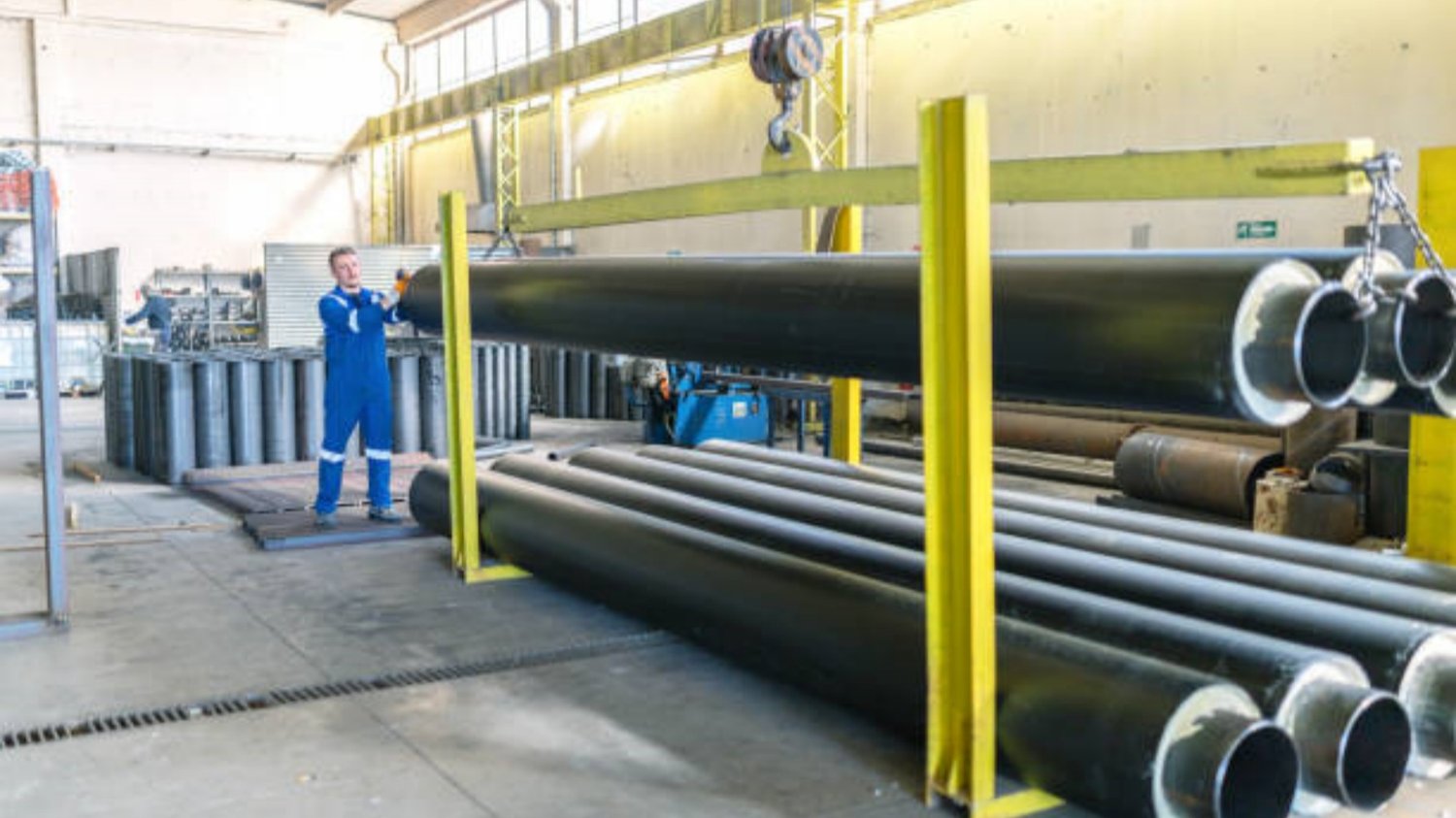The Importance of Choosing the Right Pipe in Power Plants
Power plants play a crucial role in generating electricity for industries, businesses, and homes. To ensure the smooth and efficient operation of power plants, it is essential to use the right pipes for various applications. Choosing the appropriate pipe material and design can significantly impact the performance, durability, and safety of power plants. In this article, we will explore the different types of pipes used in power plants and their applications.
The Role of Pipes in Power Plants
Pipes are an integral part of power plants as they are responsible for transporting various fluids and gases required in the generation of electricity. These pipes are used for conveying water, steam, fuel, and even flue gas. They need to withstand high pressure, temperature, and corrosive environments. The choice of pipe material depends on factors such as the type of fluid or gas being transported, operating conditions, and environmental considerations.
Carbon Steel Pipes for Power Plants
Carbon steel pipes are widely used in power plants due to their excellent mechanical properties and cost-effectiveness. These pipes are highly resistant to high temperatures and pressures, making them suitable for transporting steam and hot water. Carbon steel pipes also offer good corrosion resistance and can withstand exposure to chemicals commonly found in power plant environments. However, they may require regular maintenance to prevent corrosion and extend their lifespan.
Stainless Steel Pipes for Corrosive Environments
Power plants often encounter corrosive environments due to the presence of chemicals, high temperatures, and pressure differentials. Stainless steel pipes are an ideal choice for such applications as they offer superior corrosion resistance. They are highly resistant to rust, oxidation, and chemical attacks, making them suitable for conveying corrosive fluids and gases. Stainless steel pipes are commonly used in power plant systems that handle cooling water, condensate, and chemical feed systems.
Alloy Steel Pipes for High-Temperature Applications
In power plants, there are certain applications that require pipes capable of withstanding extremely high temperatures. Alloy steel pipes are specifically designed to handle such conditions. These pipes are made from steel combined with other elements such as chromium, molybdenum, or nickel to enhance their high-temperature strength and corrosion resistance. Alloy steel pipes are commonly used in power plant boilers, superheaters, and heat exchangers.
PVC Pipes for Water Treatment and Distribution
Water treatment and distribution systems are essential components of power plants. PVC (Polyvinyl Chloride) pipes are commonly used for these applications due to their excellent chemical resistance and low cost. PVC pipes are lightweight, easy to install, and require minimal maintenance. They are commonly used for transporting treated water, cooling water, and process water within power plants.
HDPE Pipes for Underground Applications
Underground piping systems in power plants require pipes that can withstand high external loads, resist corrosion, and provide long-term durability. HDPE (High-Density Polyethylene) pipes are widely used for underground applications in power plants. These pipes offer excellent resistance to chemicals, impact, and abrasion. HDPE pipes are commonly used for underground cooling water lines, firewater systems, and buried electrical conduits.
Fiber-Reinforced Plastic (FRP) Pipes for Corrosion Resistance
Corrosion is a major concern in power plants, especially in applications where corrosive fluids or gases are involved. Fiber-Reinforced Plastic (FRP) pipes offer exceptional corrosion resistance and are highly durable. These pipes are made by combining a polymer matrix with reinforcing fibers, such as fiberglass. FRP pipes are commonly used in power plants for flue gas desulfurization systems, chemical storage, and wastewater treatment.
Ductile Iron Pipes for Water and Sewage Systems
Power plants require reliable water and sewage systems to support their operations. Ductile iron pipes are commonly used in power plants for water supply and sewage systems. These pipes are known for their strength, durability, and impact resistance. Ductile iron pipes can withstand high pressure and are suitable for conveying both clean water and wastewater within power plants.
Copper Pipes for Heat Transfer Applications
Heat transfer is a critical process in power plants, and copper pipes are highly efficient in this regard. Copper pipes offer excellent thermal conductivity, making them ideal for heat transfer applications. They are commonly used in power plant condensers, heat exchangers, and refrigeration systems. Copper pipes are known for their durability, corrosion resistance, and ease of installation.
Conclusion
Choosing the right pipe material for power plants is crucial to ensure the safe, efficient, and reliable operation of these facilities. Carbon steel, stainless steel, alloy steel, PVC, HDPE, FRP, ductile iron, and copper pipes all have their specific applications in power plant systems. By understanding the requirements and characteristics of each pipe material, power plant operators can make informed decisions and optimize their operations. It is essential to consider factors such as temperature, pressure, corrosion resistance, and cost when selecting pipes for power plant applications.

